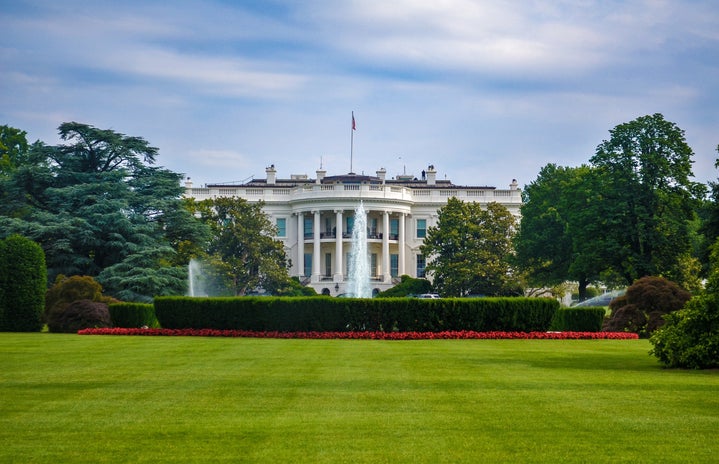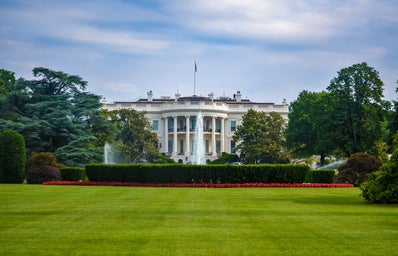You’ve probably heard about Mark Zuckerberg’s testimony with Congress regarding Facebook’s data sharing with Cambridge Analytica. For those out of the loop: Cambridge Analytica is a British company that gathers data for political analysis, and was linked with Trump’s presidential campaign.
Facebook is accused of allowing Cambridge Analytica to collect data from up to 87 million users, without their knowing or consent, in order to strategically place ads for the 2016 presidential election.
Cambridge Analytica acquired this private data by breaching a personality quiz app, This Is Your Digital Life, which required users to sign in using their Facebook accounts. Cambridge Analytica then used This Is Your Digital Life to gather private information from these Facebook accounts and users, without their knowing. Since Cambridge Analytica was involved with the Trump campaign, it’s believed that they then sold this data to them, allowing them to target ads towards specific people, even simply by just their location (Think: swing states).
Here’s the thing: it primarily affected people who downloaded and logged into the app with Facebook before 2015, even though that number is still in the millions. But! Even if you didn’t log into the app but one of your friends did, there’s still a likelihood your information — and possibly even personal messages — were shared. This is, unsurprisingly, a huge problem because it 1) may have altered the election and 2) Facebook users did not knowingly give consent for their data to be shared, creating a debate over privacy regulations on Facebook and other social media sites.
Zuckerberg has been going under rigorous questioning from Congress regarding Facebook privacy and the Cambridge Analytica scandal, and they have definitely been ruthless.
For a while, Zuckerberg didn’t seem to know any answers about any questions he was being asked.
On Wednesday morning, his answers seemed like a constant, “I’m not familiar with the details of that.” For someone who is the chief executive officer of such a major company, he didn’t seem to know a lot about the actual company in terms of what has been going on legally. Of course, he is only one person, and certainly not a lawyer, so maybe it’s fair to say that he can’t be expected to know every detail about everything that happens regarding Facebook. Still, it made him appear somewhat unprepared for the questioning.
After a while, however, Zuckerberg did seem to get his grip on things, confidently answering questions about what Facebook knew could be shared and searched for, as well as admitting to being willing to work with Congress to create a regulation regarding social media and privacy settings. He made it clear that he wanted to cooperate with Congress, rather than try to hide information or keep any secrets.
If you want to find out whether or not you were one of the 87 million Facebook users whose data was shared with Cambridge Analytica, there are a couple of steps you can take.
- Open the Facebook app (iPhone or Android), and a notification regarding your privacy settings will appear. If you get this, your information or the information of one of your friends was likely shared.
- Go to the Facebook Help Center page and search “Cambridge Analytica.” This page will directly tell you whether or not your information was shared.
This scandal will hopefully result in regulations regarding privacy settings on social media sites, as well as address the issue of users actively consenting to terms and conditions. Because let’s face it, nobody actually reads the terms and conditions.



